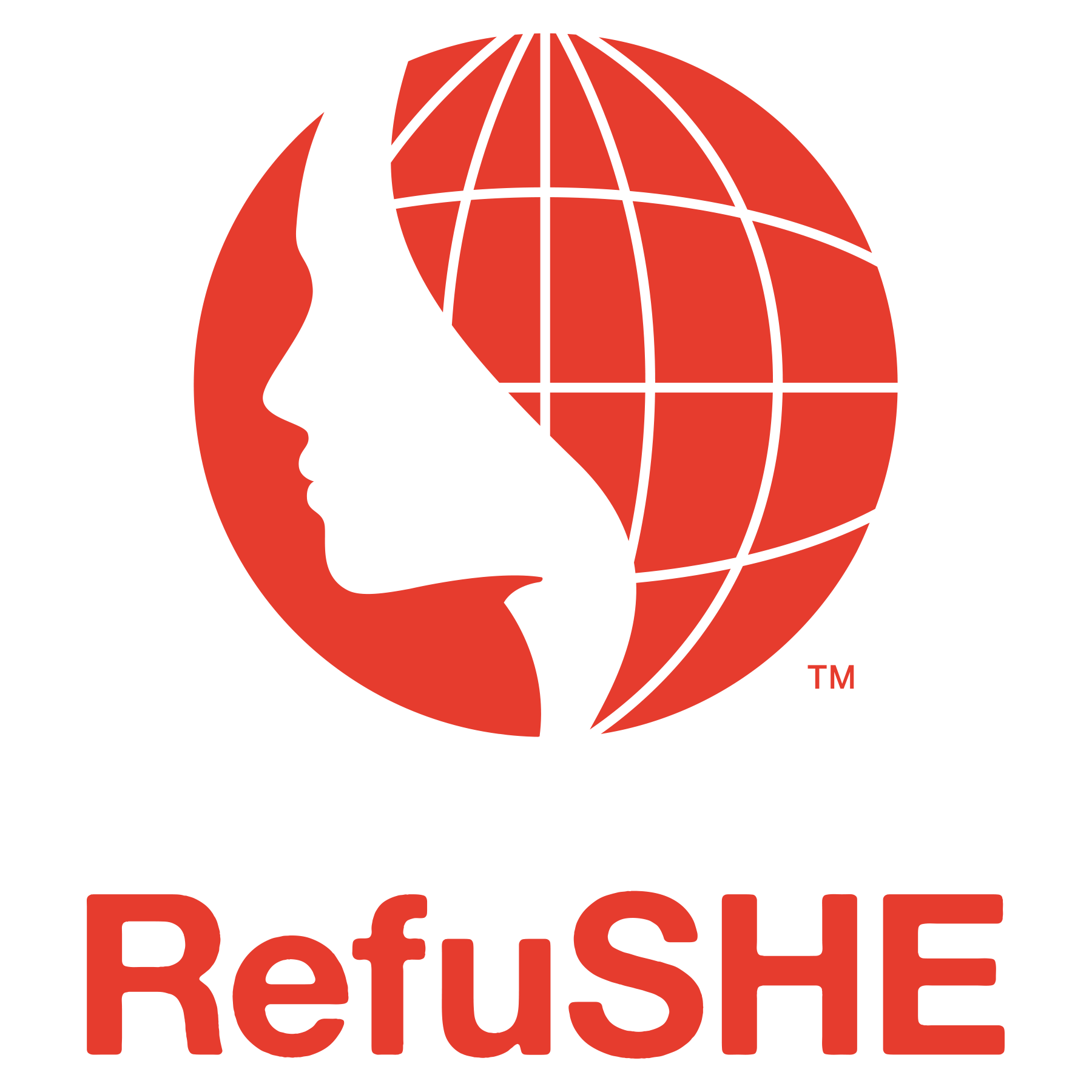“Wimbo Wetu”: How One Woman’s Song is Amplifying the Voices of Thousands Like Her
Celebrating World Refugee Day with Supermodel Halima Aden and RefuSHE
This World Refugee Day, we celebrate a story of strength, resilience, and triumph. A story that reflects the heart of RefuSHE’s mission. Meet Halima Aden: a Somali-born supermodel, activist, former refugee and now, the voice behind Wimbo Wetu.
Wimbo Wetu is a powerful anthem created in collaboration with Grammy-winning artists Scott Hoying and Toby Gad.
Halima’s journey began in Kakuma Refugee Camp in Kenya. She rose beyond the confines of displacement, cultural limitation, and societal expectation to become the first hijab-wearing model signed by a major agency. But today, her voice carries far beyond the fashion runways.
With Wimbo Wetu (Swahili word for “Our Song”), Halima dedicates a heartfelt message to refugee girls who are walking the very path she once did. “For me personally, this project is close to my heart,” Halima shared. “I was born in a refugee camp in Kenya. We hope this song helps remind the world of our shared humanity.”
The Impact Behind the Music
The proceeds of Wimbo Wetu directly support RefuSHE.
Since 2008, we are proud that RefuSHE has supported over 3,670 refugee women, girls, and children, helping them rebuild their lives with dignity. Programs span from trauma-informed mental health services and legal aid to vocational training, education, and economic empowerment.
RefuSHE has continued to deliver measurable and meaningful results:
Over 1,000 refugee girls have participated in the Girls Empowerment Program (GEP) since its inception, with hundreds supported annually through a blend of education, life skills, and trauma-informed care.
In the last year alone;
145 participants engaged in trauma-informed yoga and therapy, with 89% reporting improved mental well-being.
100% of tailoring participants passed the Kenya National Industrial Training Authority (NITA) exams.
23% of ICT graduates secured internships, positioning them for digital workforce success.
2,104 refugee women accessed microloans to launch or grow their own small businesses, strengthening their economic independence.
One such transformation is Gabriella, a 19-year-old Congolese refugee who, with no prior tech skills, is now a web designer and top online earner in her class. Another is Laureen, who came to RefuSHE as a struggling teen mom and is now thriving academically with dreams of becoming a human rights lawyer.
A Voice for Many
Halima’s story is not unique in its hardship, but it is extraordinary in how far she’s come. At RefuSHE, every girl has the potential to become a Halima, a Laureen, a Gabriella.
Our model is built around their voices. It is:
Trauma-informed: Addressing the unique psychological wounds refugee girls carry.
Rights-based: Ensuring every girl knows her rights and how to claim them.
Women-centered: Led by the lived experiences of those we serve.
And just like Halima, many girls find their voice through fashion, music, business, or leadership—defying odds, rewriting narratives, and reclaiming their futures.
Join the Movement
On this World Refugee Day, we invite you to listen to Wimbo Wetu, share it with your networks, and see it for what it truly is: a rallying cry for belonging, for equity, and for hope.
Because behind every refugee girl is a story worth singing.

